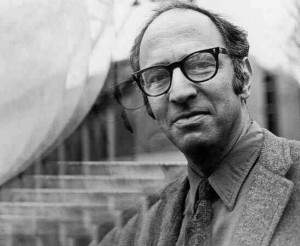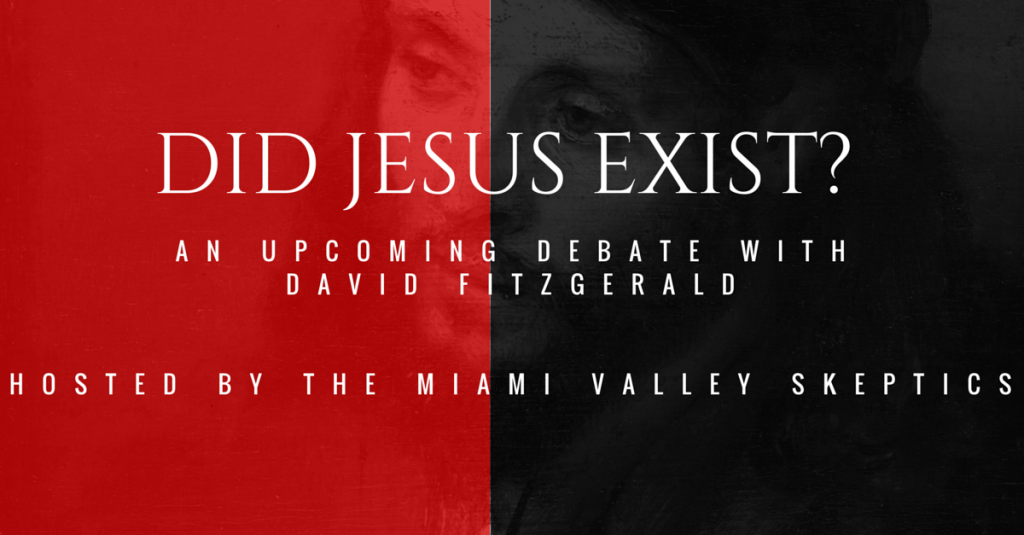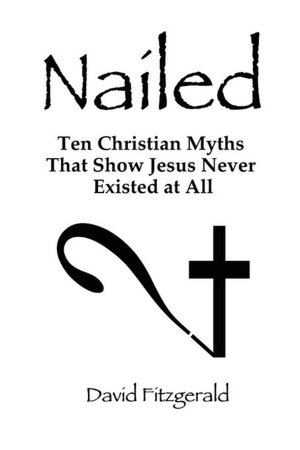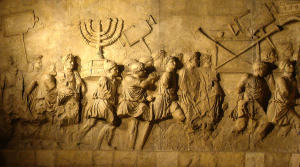
I try to reread Thomas Kuhn’s The Structure of Scientific Revolutions every couple of years. I get something new out of it with each reading.
Kuhn’s masterpiece is a rare thing: A groundbreaking work that’s easy to read. This short book contains an array of fascinating new ideas along with a structure for understanding the emergence of new paradigms. The term paradigm has become overused and overworked in everyday English. However, when we talk about the emergence of a new explanatory framework in science, history, literature, philosophy, etc., we can’t help but think of the term paradigm shift.
Shift Stages
Kuhn described the process of one paradigm displacing another, older one in successive stages.
-
- Normal Science. What we do every day within the existing framework. Scientists perform experiments, examine the results, and decide how they fit in with the established model. They publish the results and debate about their ramifications. And then they design new experiments. The process repeats. Essentially, Kuhn said what scientists are engaged in is “puzzle-solving.”
- Anomalies. From time to time, certain unexpected results occur. Puzzle-solvers are drawn to the anomalies as they endeavor to make them fit within the current paradigm.
- Crisis. Once in a great while, certain serious anomalies cannot be accounted for or ignored. They show themselves as evidence that the current model is inadequate. The prevailing paradigm teeters on the brink.
- Revolution. A competing paradigm emerges which accounts for the anomalies. New research tends to use the new framework to solve puzzles. The old paradigm fades away, along with its practitioners. Eventually, we return to a state of “normal science” under the new paradigm.
Stuck in the Paradigm
The power of Kuhn’s revolutionary structure hit home once again as I was reading Varieties of Jesus Mythicism, Did He Even Exist? For example, in the first essay by our friend David Fitzgerald, he writes:
The Historical Jesus question has the potential to be the biggest paradigm shift in the study of Christian origins. And the importance of Jesus Mythicism goes far beyond the Historical Jesus question itself. For instance, it highlights all the uniquely problematic elements plaguing biblical studies historically and currently, such as the pervasive bias affecting biblical studies—a remarkable condition different from any other field of history. (“Why Mythicism Matters,” Varieties, p. 37)
Here Fitzgerald hints at the reason we’re stuck in the current paradigm: namely, the insuperable barriers that prevent the people most qualified to tackle the question of Jesus’ historicity from even taking the notion seriously. If your entire worldview holds that the salvation of humankind depends on Jesus of Nazareth, then the very question is preposterous. Even for a non-Christian, if your job requires you to stay within the guardrails of biblical studies, the subject has to remain in the category of “not worthy of discussion.”
In the preface, Robert Price invokes Kuhn’s name, saying:
In fact, as Thomas S. Kuhn explains in his great book The Structure of Scientific Revolutions, advances in science proceed at least as much by new paradigms for construing data as by the discovery of new data. New models, theories, and paradigms are suggestions for making new and better sense of the data we already had. These new notions must prove themselves by running the gauntlet of collegial criticism. (“New Testament Minimalism,” Varieties, p. 15, emphasis mine)
At first, I’m inclined to agree with his assessment, but something feels “off” here. According to Kuhn, the discovery of new data that doesn’t fit within the current paradigm eventually weakens trust in the prevailing model. Yes, Kuhn presents several examples of existing paradigms that gradually lost adherents to some new way of assembling and explaining the existing data. However, the actual shift to a radically different pattern of thought requires a set of anomalies that bedevil the old paradigm — anomalies that the new paradigm easily explains or, better yet, confidently predicts.
To understand better what Kuhn meant by an anomaly, consider the following: Continue reading “Paradigm Shifts in Religious Studies (Part 1)”








